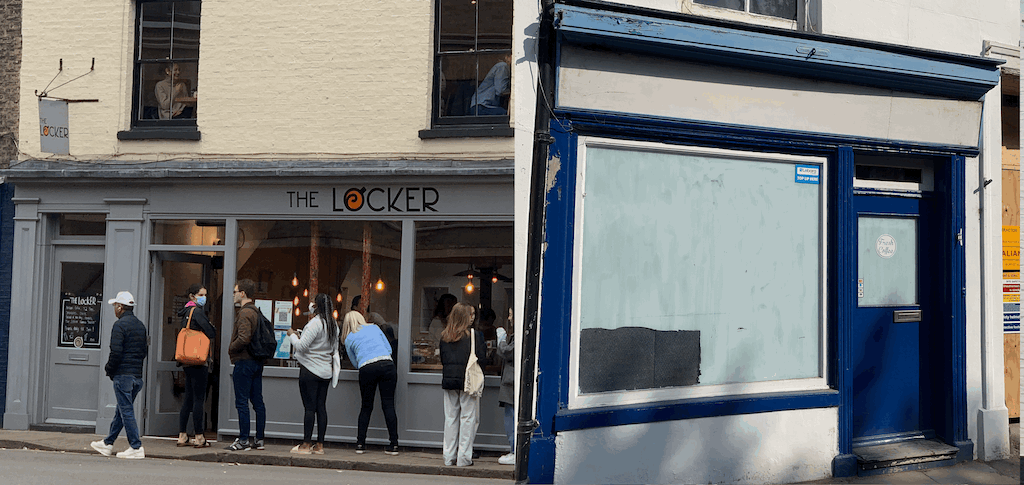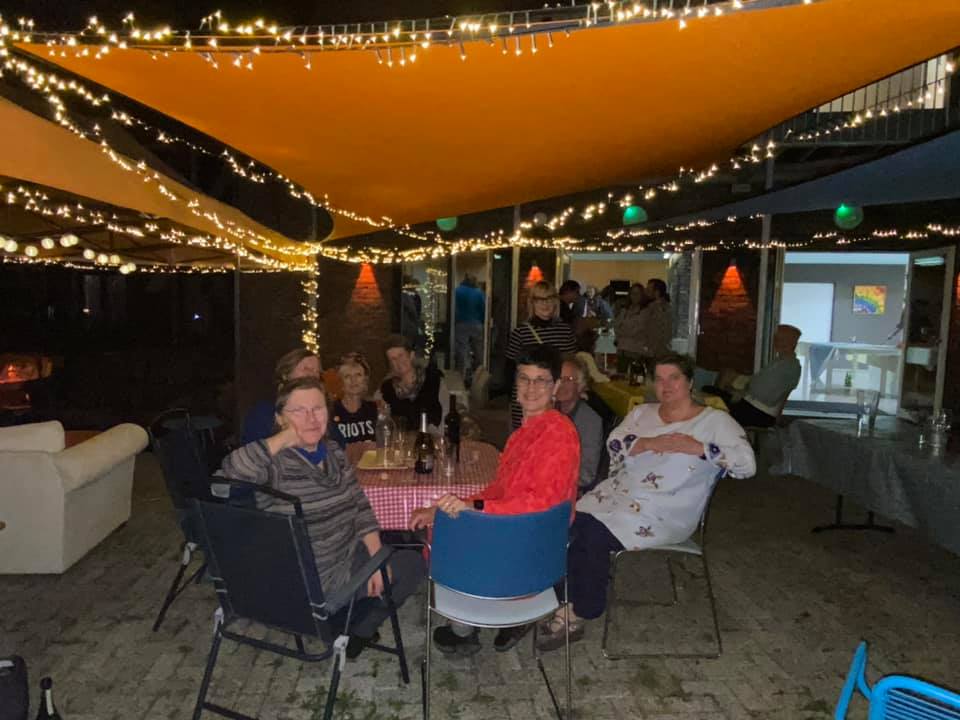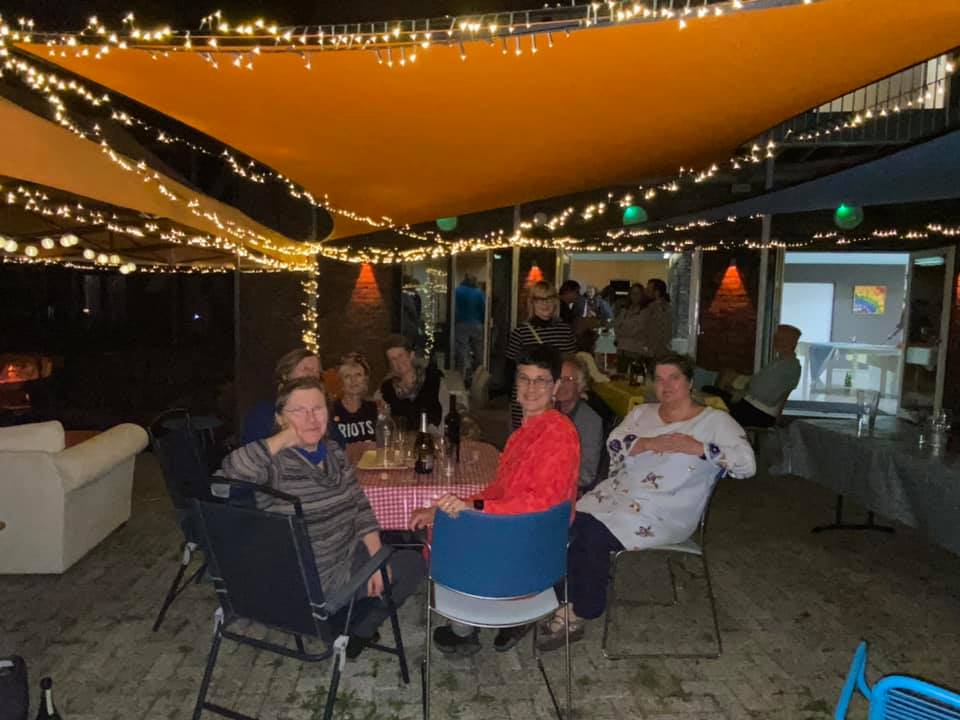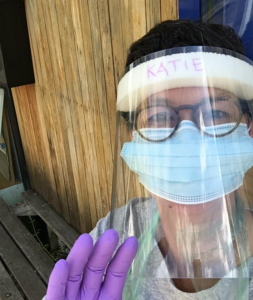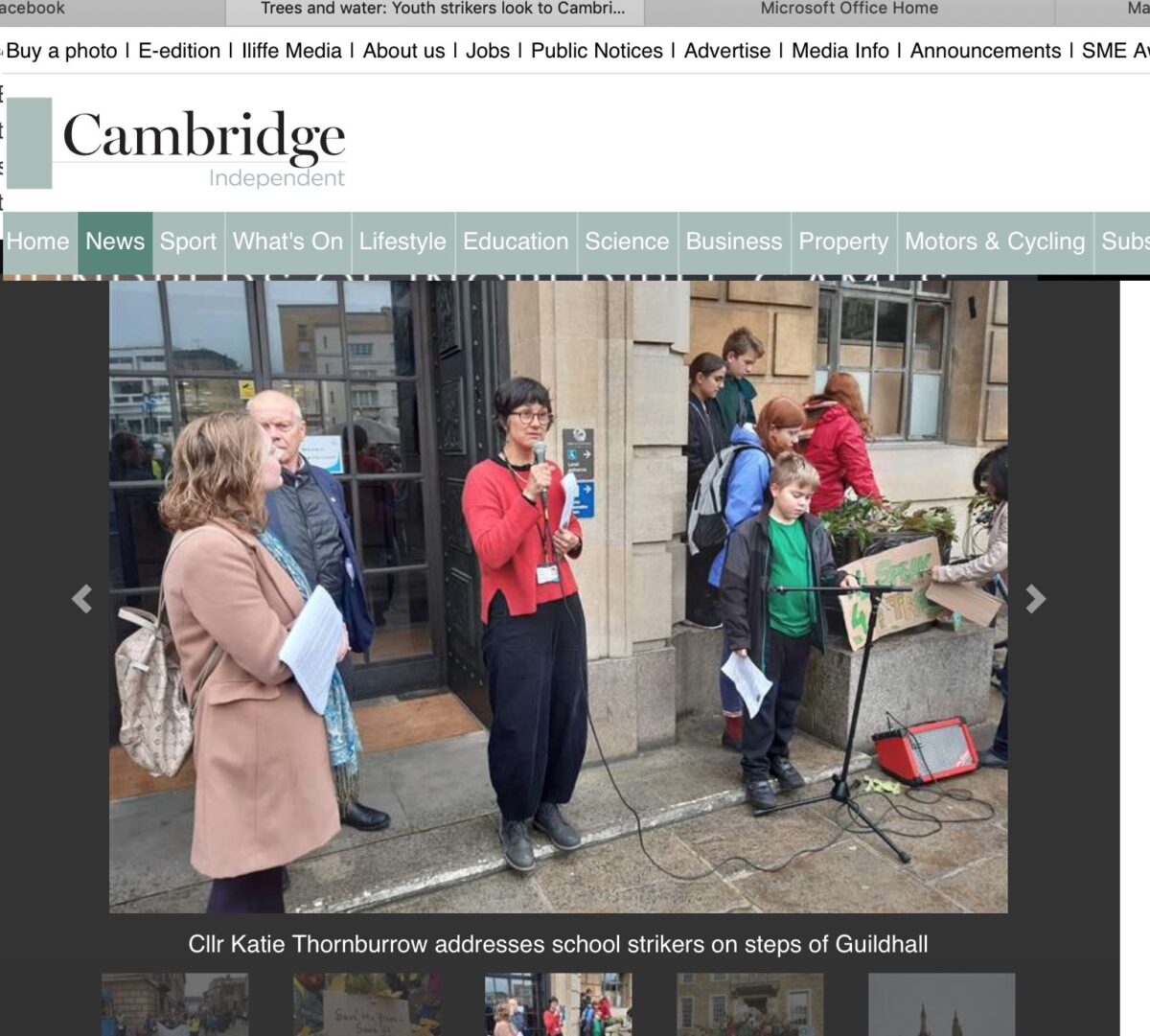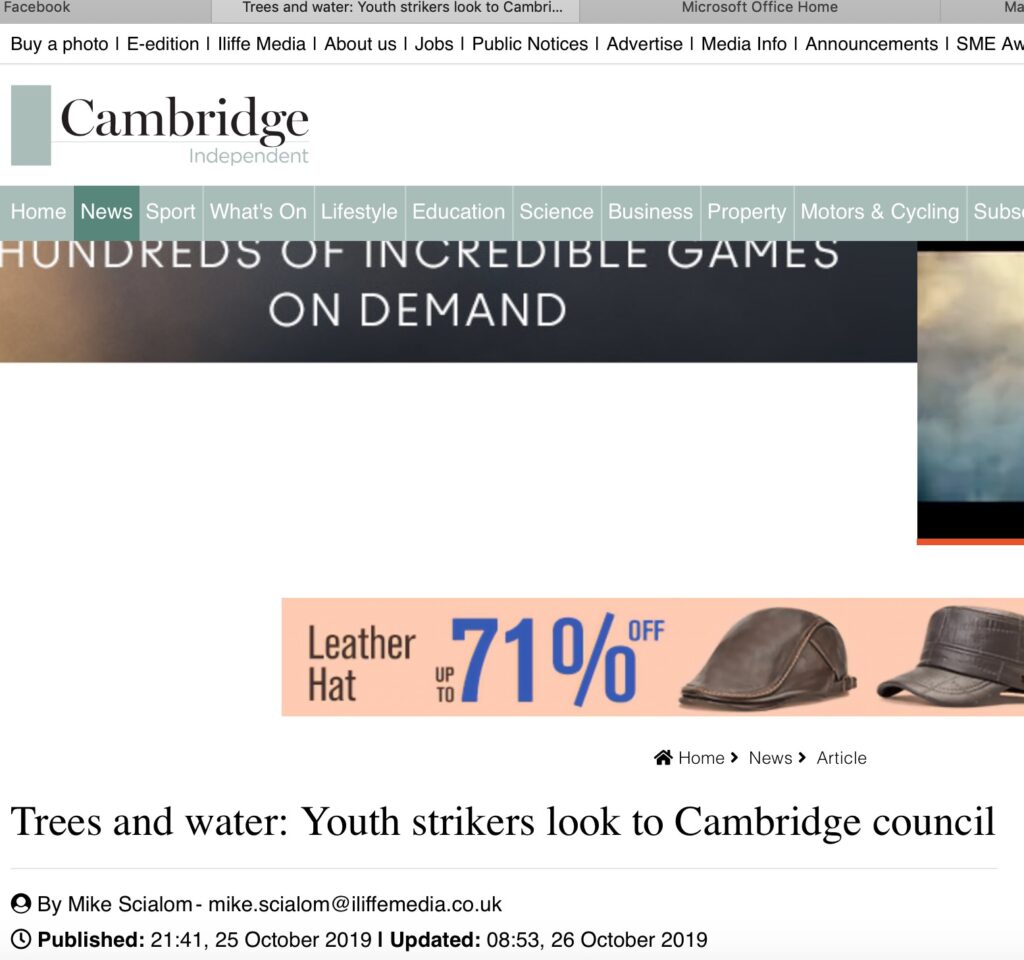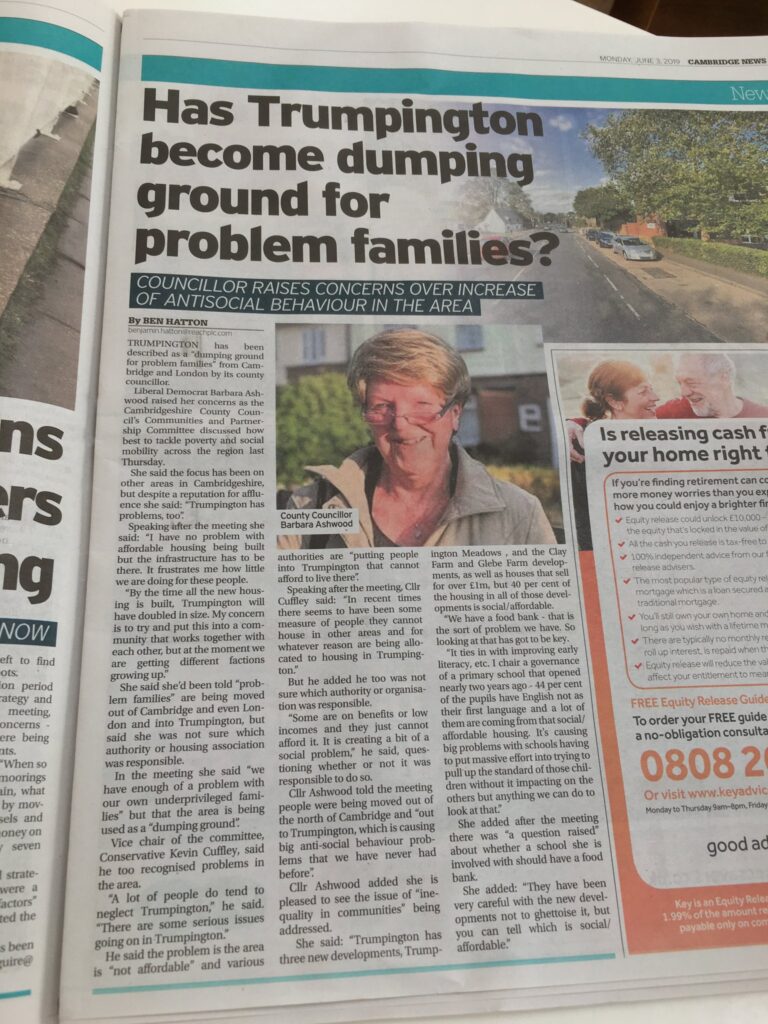I was at the Labour Party conference last week, and one of my highlights was hearing our Shadow Chancellor Rachel Reeves commit to spending the billions of pounds each year we need to manage a just and rapid transition to a zero-carbon society.
I was also impressed that Rachel said that a Labour government would “scrap the current system of business rates and replace it with a fairer way of business taxation – fit for the 21st century.”
How business rates work might seem abstract and unconnected to daily life, but it’s something we are very concerned with on the city council, because it directly affects the amount of money we have to spend (https://www.local.gov.uk/topics/finance-and-business-rates/local-taxation-council-tax-and-business-rates) and directly affects the choices made by the many local businesses that are based here.
Local shops, for example, from the historic centre to shopping centres like the Beehive or Grafton, or the many local shops on Mill Road, are facing the double challenge of coping with Covid-19 and dealing with the growth of online shopping. More shops are empty; many are struggling. We need to find a fairer way for them to contribute.
Other local businesses, found in offices all across the city, are also feeling the pressure. I know how hard it is, as I have my own architecture business. Some, like the IT, biotech and communications companies, have managed to cope or even improve their performance, but the vast majority have faced hard times and need help now.
The city council has helped, with business rates relief on smaller premises, and even offered additional business support grants between November 2020 and May 2021 for those not covered by national schemes. However, because the rateable value of a shop or office is based on an estimate of the open market rental value a property could achieve on a specified date, the high rents in the city mean that business rates are also very high.
That’s why the new policy announced by the Shadow Chancellor matters. As a city council we can do some things to help, and we can encourage people to shop locally, but it takes action by central government – by a Labour government – to make real change happen so that businesses get the support they need and local government gets the funding it needs.
As we revitalise our city and shopping areas, business tax reform is a key way to keep our businesses viable and help new ones open, with decent well-paid jobs for all.
If you’re a small business, the current small business relief and any additional relief is on the website here https://www.cambridge.gov.uk/business-rate-relief-and-exemptions
